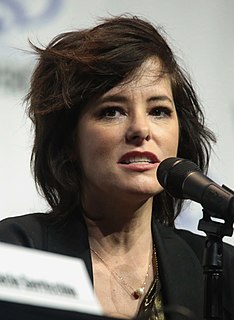A Quote by John Steinbeck
Related Quotes
Love is costly. T forgive in love costs us our sense of justice. To serve in love costs us time. To share in love costs us money. Every act of love costs us in some way, just as it cost God to love us. But we are to live a life of love just as Christ loves us and gave Himself for us at great cost to Himself.
[The U.S. Treasury] can borrow basically unlimited amounts. They can stay there for years and years. These assets will be worth more money over time. So when Merrill Lynch sells a bunch of mortgage-related assets at 22 cents on the dollar like they did a month or so ago, the buyer goes - is going to make money, and he's going to make a lot more money if it happens to be an institution like the U.S. government which has very, very cheap borrowing costs.

































